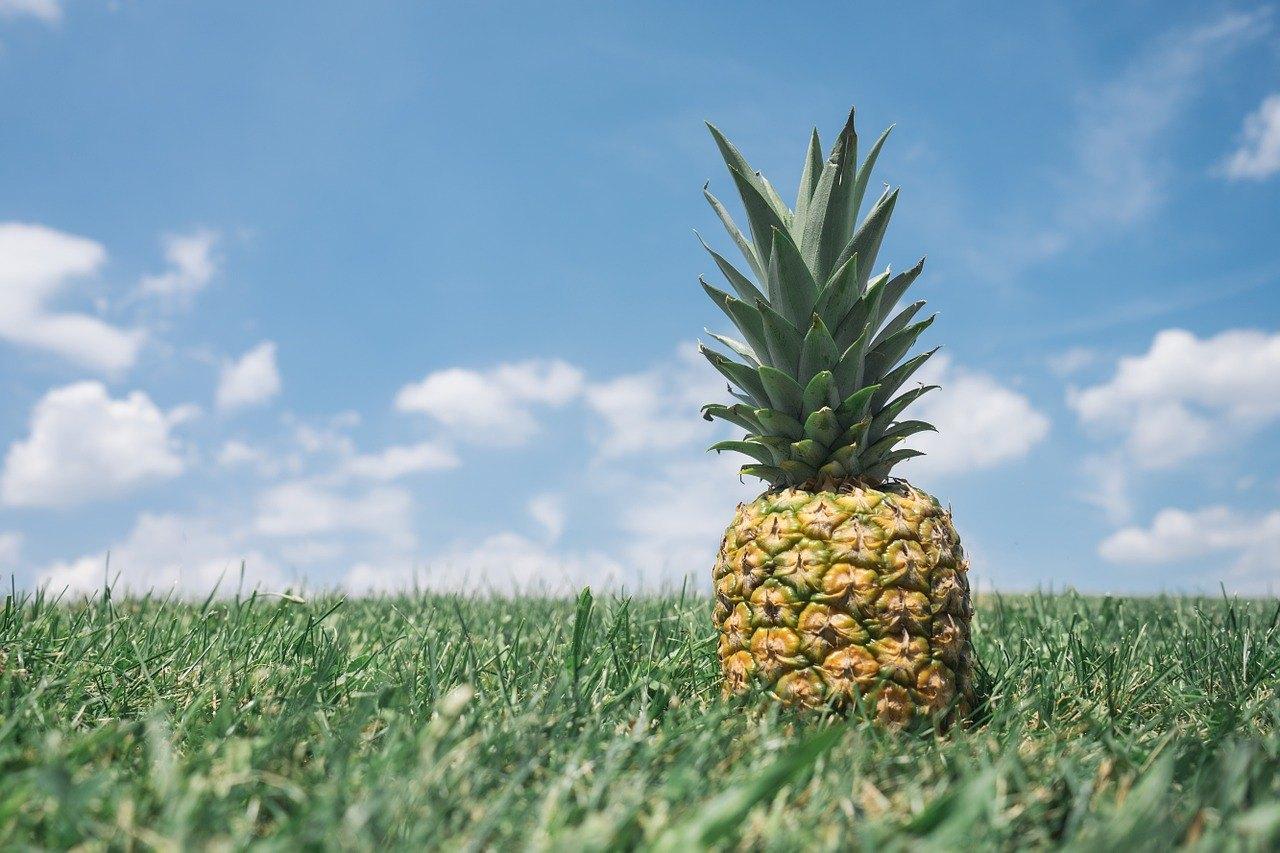
By Tim Sparke
All humans have one thing in common, regardless of their nationality, religion, creed or socio-economic status -- and that's their dependence on the environment. Each and every one of us needs clean water, clean air and nutritious food to survive.
The problem is that our lifestyle often contributes to environmental destruction. Every time we throw away a takeaway coffee cup, stay in the shower for ages or drive our car a walk-able distance, we're adding to the problem. Of course, irresponsible big businesses and ineffective government policies make matters worse.
But, at the same time, we all have the power to do something environmentally friendly. Each and every one of us can choose to use a reusable cup, buy a water-saving shower-head or walk instead of drive; just as big businesses and governments can change their strategies.
So, when it comes to organics, sustainability and the environment, where does the buck stop? Who is responsible?
Ultimately, every single ‘layer’ of society must play a role, if we are to secure the environment’s long-term future. At one end, there’s the individual (that’s you). At the other, there’s the international political community. The sooner we realize that, the quicker – and more effectively – we can take action.
The individual
Many people feel the ‘blame’ lies with the ‘powerful’ – be it companies or governments. But, at the end of the day, these bodies can’t exist without the support of the people – not in democratic nations, anyway. How can a multinational company survive if people don’t buy its products? How can a political party get into power if people don’t vote for it?
So, the individual’s importance is undeniable. And one of our most powerful tools is our purchasing power. Consumers control companies. So, the best way to support the organics industry is to buy organic products. Sure, they can be expensive. But, as more and more people invest, prices will drop.
In fact, a responsible consumer should take care when buying any product. Big companies have the most extensive capacity for environmental destruction simply because they manufacture in such large amounts. So, it’s vital that people support businesses with a proven track record of sustainable policies. Guides like Shop Ethical can help. Going beyond PR, the database demonstrates exactly how companies behave, both environmentally and socially.
The same principle applies to voting – if you want your government to implement environmentally-friendly policies, then your best bet is to vote for a party that believes in them.
Companies
There’s a lot that people can do at a grassroots level. But it’s crucial that companies take action, too. After all, their policies have such a major impact. A risky or ill-informed decision by a single business can lead to widespread damage, as oil spills have proved. Right now, for example, Shell was recently fined (only) $33,000 following its 2011 spill in the North Sea, which caused the leak of more than 200 tons of oil and was the worst incident of its kind in 10 years.
These days, companies have the technology to reduce their carbon footprint, recycle and minimize environmental damage, so they should be using it. Fortunately, some businesses are taking the initiative.
For example, renowned outdoor company Patagonia makes sure that 75 percent of all the materials it uses are ‘environmentally preferred,' which means that they’re organic, recycled or sustainable. In addition, the company has been giving 1 percent of profits to environmental preservation groups since 1975.
Governments
Last, but most certainly not least, are governments. Their responsibility is wide-reaching – from deciding and obeying international law to developing sustainable policies at all levels.
Many nations agree to international treaties. However, in Australia, these are not legally binding, until they have become a part of domestic law. Once this happens, the people have the power to take the government to court. For example, in June 2015, the Dutch people famously took their government to The Hague, forcing it to cut emissions by a minimum of 25 percent within five years.
Domestically, legal responsibility for the environment occurs at all levels of government: local, state and national. It is crucial that all three work together to develop environmental policies that encourage organics, enforce sustainable policies and penalize companies and individuals who break environmental laws.
To conclude
Ultimately, taking care of the environment is the responsibility of each and every one of us. To ensure a sustainable future, we can all take action – at individual, corporate and government levels.
Image credit: Pixabay
Tim Sparke is the CEO at 4 pumps and for several years, he has been an active advocate of organic farming and sustainability. He also has a passion for writing and he writes the blog at 4pumps.
TriplePundit has published articles from over 1000 contributors. If you'd like to be a guest author, please get in touch!














